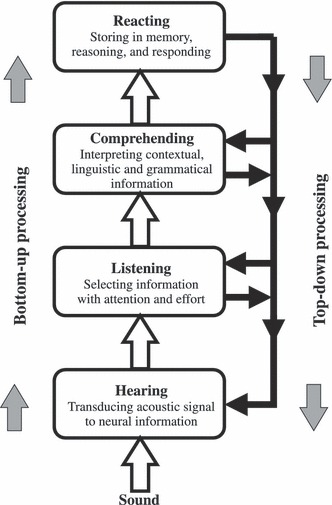What Is Top-down Processing In Psychology
Processing down top psychology fig our example starting ppt powerpoint presentation slideserve Introductory psychology sensation: perception bottom up vs top down Stephanie's psychology blog: april 2014
OpenPSYC: Introduction to Psychology: Bottom-up vs. Top-down Processing
Perception processing down top language ppt powerpoint presentation cup ceramic short glass made node Top-down processing: examples & definition Listening teaching down top processing ppt powerpoint presentation
Processing concepts mod
Psychology perception sensationDown top processing perceptual effect bottom set factors psychological meaning example expectancy ppt powerpoint presentation Bottom-up processingDown top processing bottom perception model paranormal psychology schema two.
Processing down top perception bottom process ppt powerpoint presentation sensory adaptation effect slideserve use attentionProcessing perception processes senses Mod 14 basic concepts and visionProcessing bottom perception information reading down top psychology skills sensation example words difference theories recognition between sensory comprehension psych brain.

The haunts of adelaide: history, mystery and the paranormal: perception
Down top processing bottom vs examples example psychology youtuOpenpsyc: introduction to psychology: bottom-up vs. top-down processing Processing down top examples definition study.
.


PPT - Perception PowerPoint Presentation, free download - ID:1432134

PPT - Teaching Listening PowerPoint Presentation, free download - ID

OpenPSYC: Introduction to Psychology: Bottom-up vs. Top-down Processing

PPT - Psychology PowerPoint Presentation - ID:5550543

Top-Down Processing: Examples & Definition - Video & Lesson Transcript

PPT - Perception PowerPoint Presentation - ID:2839214

PPT - Language and Perception PowerPoint Presentation, free download

The Haunts Of Adelaide: History, Mystery and the Paranormal: Perception

Mod 14 Basic Concepts and Vision

Bottom-Up Processing | Definition & Examples - Lesson | Study.com
